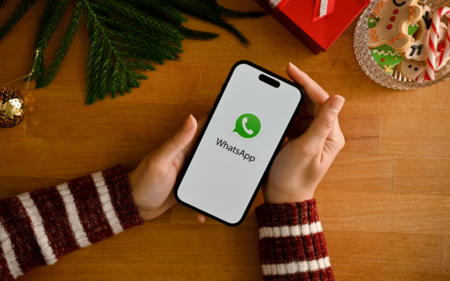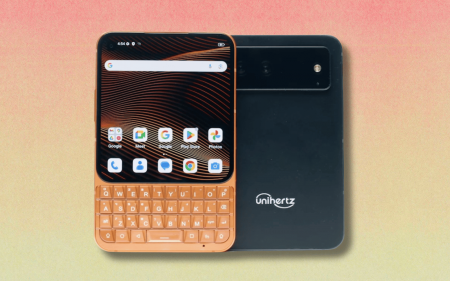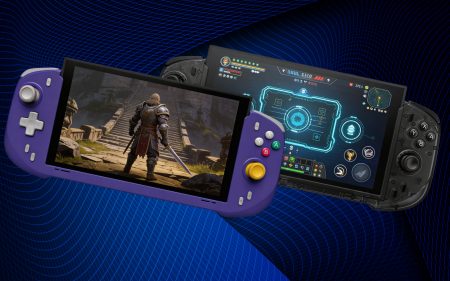While the world’s doing everything in its power not to fall apart, we may have forgotten that ex-US President Donald Trump and his administration tried their damnedest to keep Huawei from holding the top smartphone manufacturer spot. And it worked, mostly. Following multiple bouts of sanctions and having its name placed on unpleasant lists, the Chinese telecoms company powered through, admittedly releasing fewer devices but not compromising on hardware quality.
One of the main sanctions barred any US company from trading with Huawei without approval from the big guy. That meant its devices summarily lost access to Google’s Mobile Services (not Android, mind you — that’s open-source). That meant any app that uses Gmail, Maps or any other Google-based service, wouldn’t function on its smartphones.
So the company did what any logical tech company would do — it built its own operating system backbone in the form of Huawei Mobile Services. There’s only one catch — apps have to be developed for three platforms now: Apple’s iOS, Android’s GMS and Huawei’s HMS. The firm did its utmost to educate and support app developers about the process, but it still means more work for devs of all types.
Huawei’s dropping solutions
 Now Huawei has announced a tool that’ll make devs’ work much easier (hopefully), thanks to something called Choice SDK. It’s all open-source too, and available on GitHub (that’s like Facebook for programmers and geeks). Even though it doesn’t offer a one-click port solution for apps from GMS to HMS-functionality, it may cut dev time down by half.
Now Huawei has announced a tool that’ll make devs’ work much easier (hopefully), thanks to something called Choice SDK. It’s all open-source too, and available on GitHub (that’s like Facebook for programmers and geeks). Even though it doesn’t offer a one-click port solution for apps from GMS to HMS-functionality, it may cut dev time down by half.
Android Authority reports that the solution currently supports features like location, sign-in, analytics, maps, and messaging. If you own an HMS device, you would have realised that Mr Delivery’s ‘track order’ feature doesn’t work. That’s because it uses Google’s Maps functionality to track drivers. And your Huawei device doesn’t support Maps.
But if Mr D’s developers were to use Choice SDK, it’ll be able to implement Huawei’s Petal Maps into its version and everything should work fine. Which is a win for both the Chinese tech-maker, and its users.



